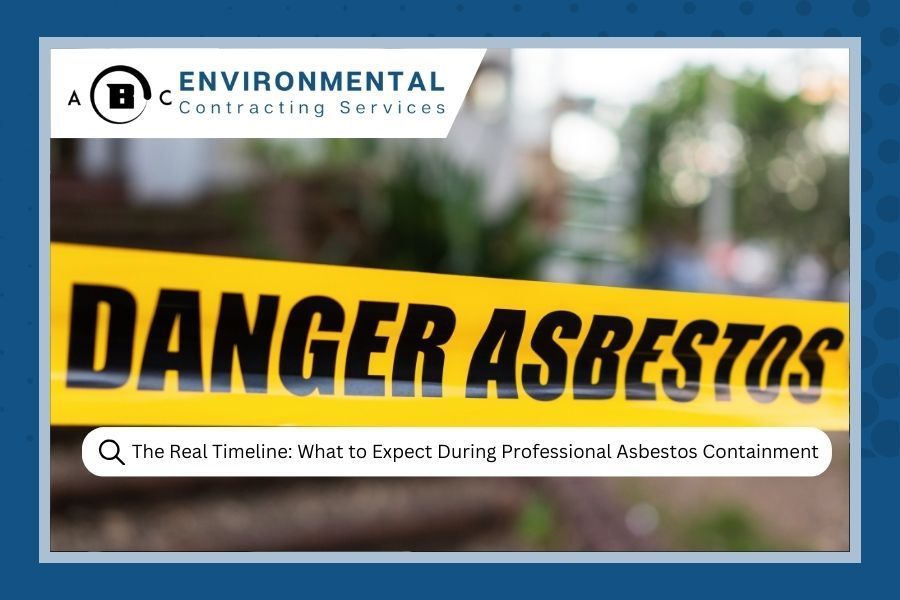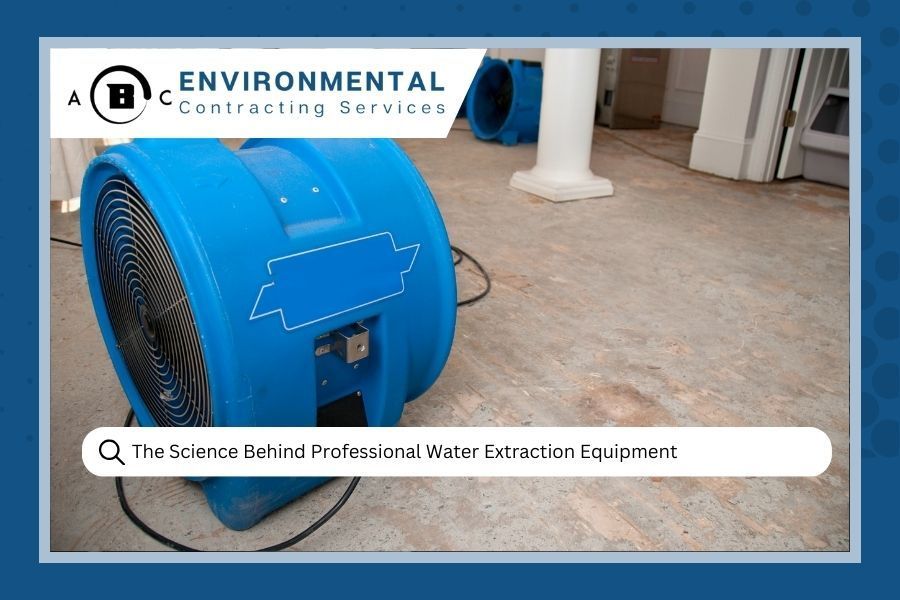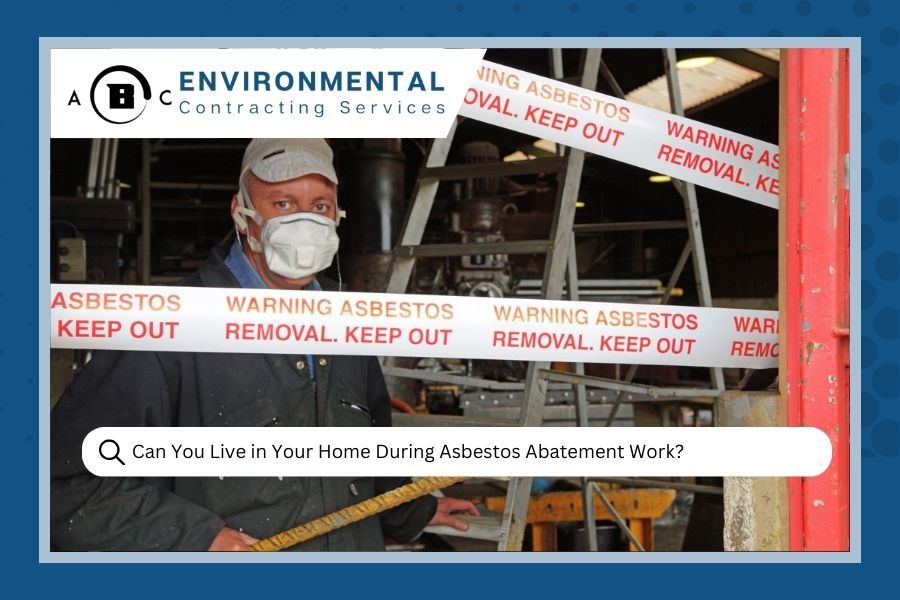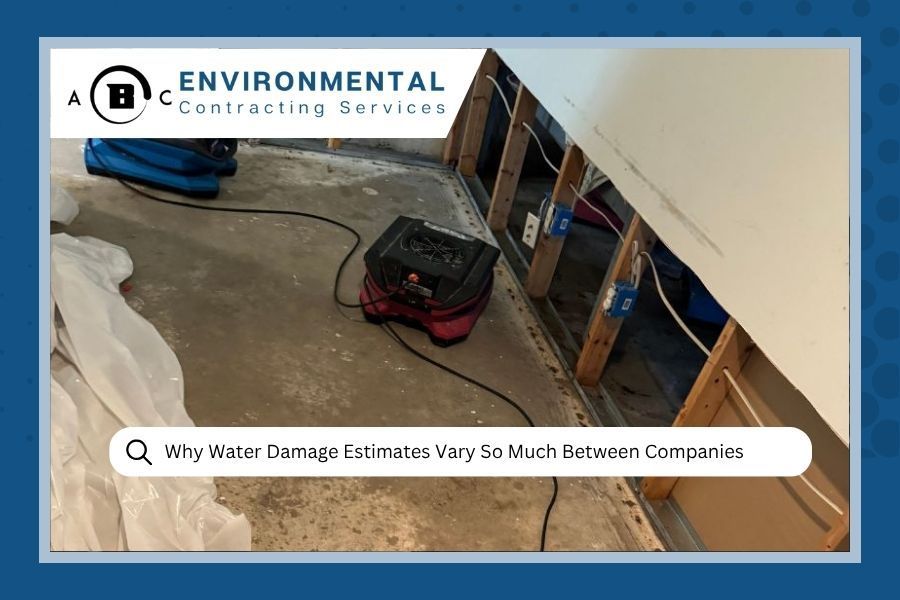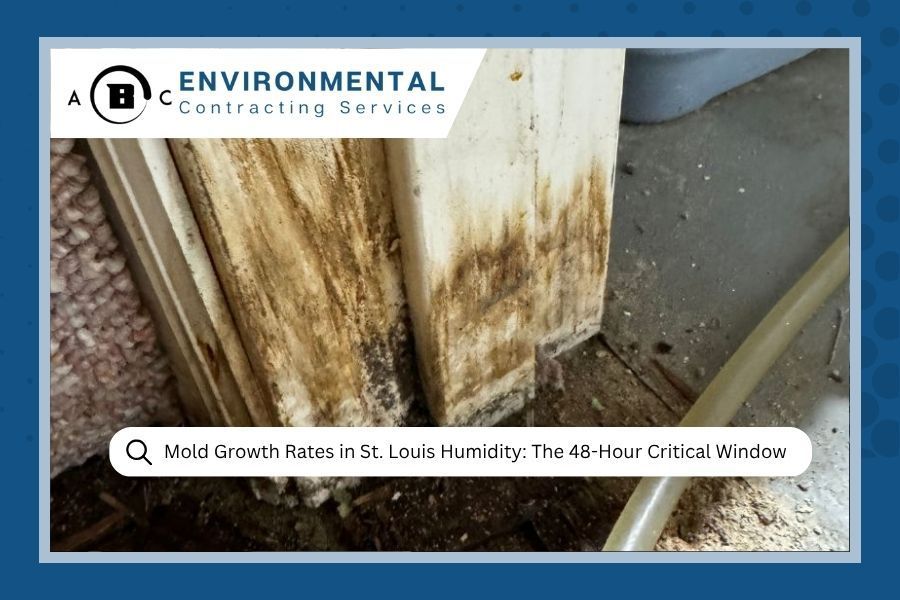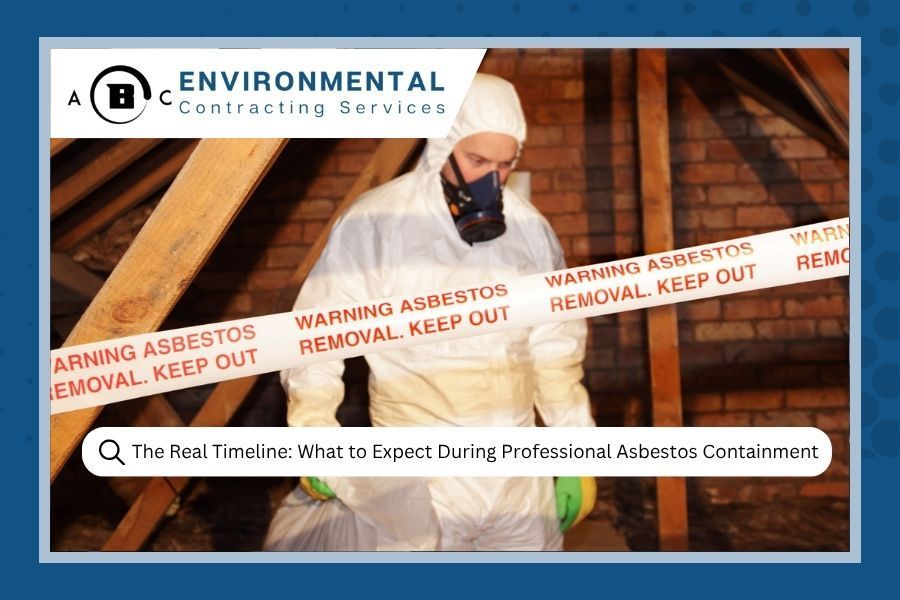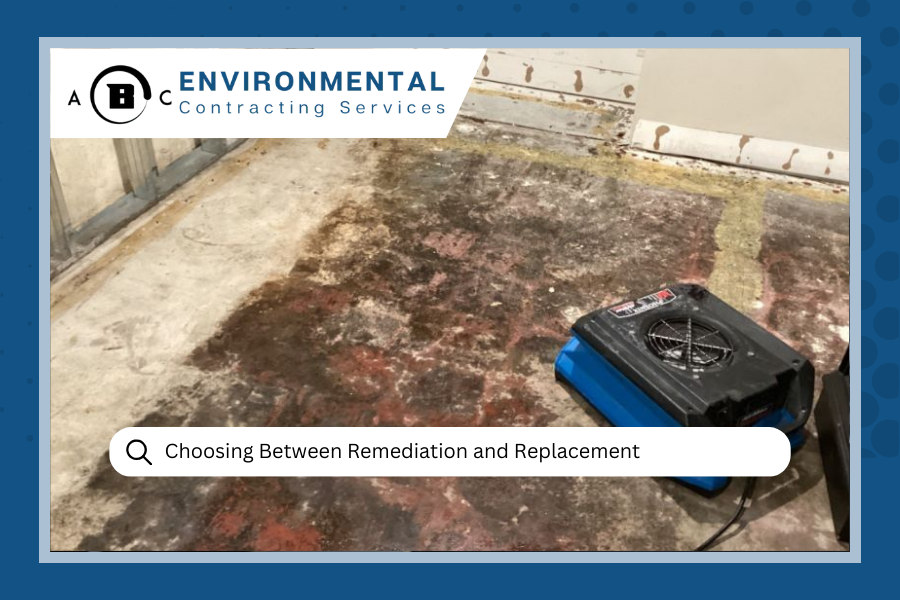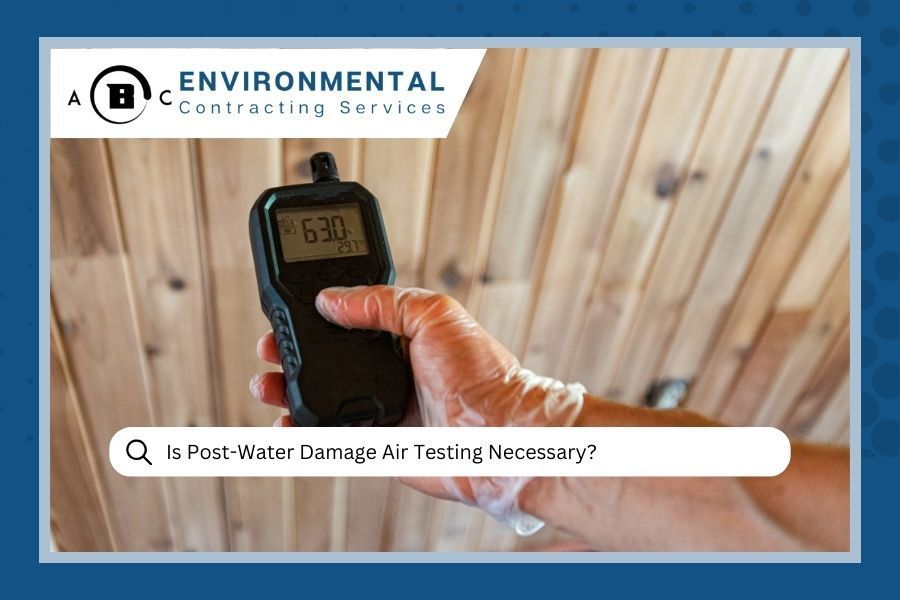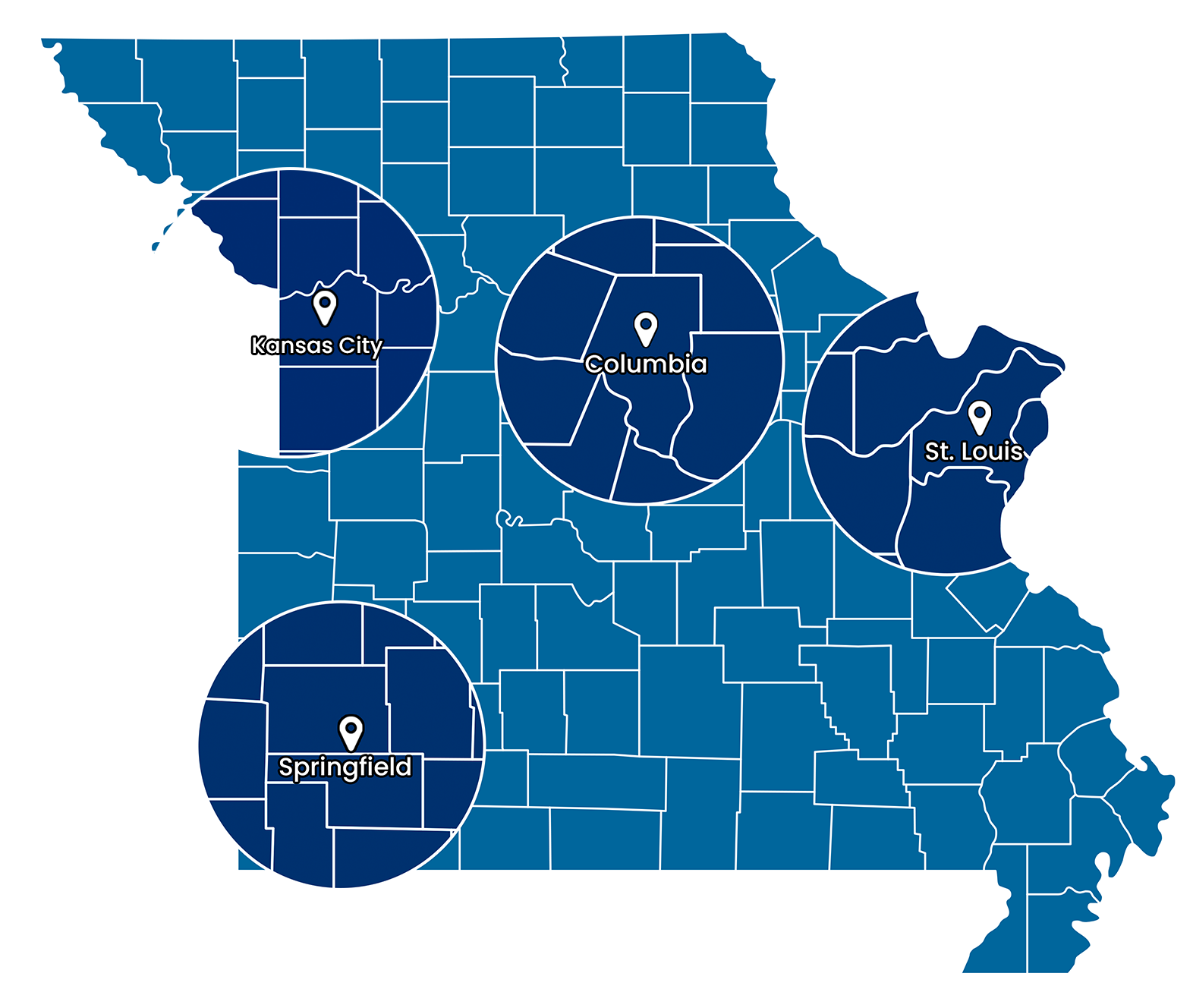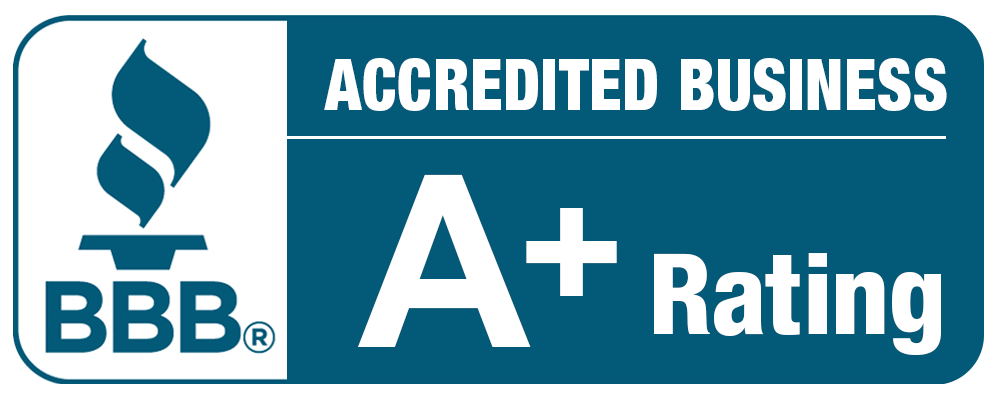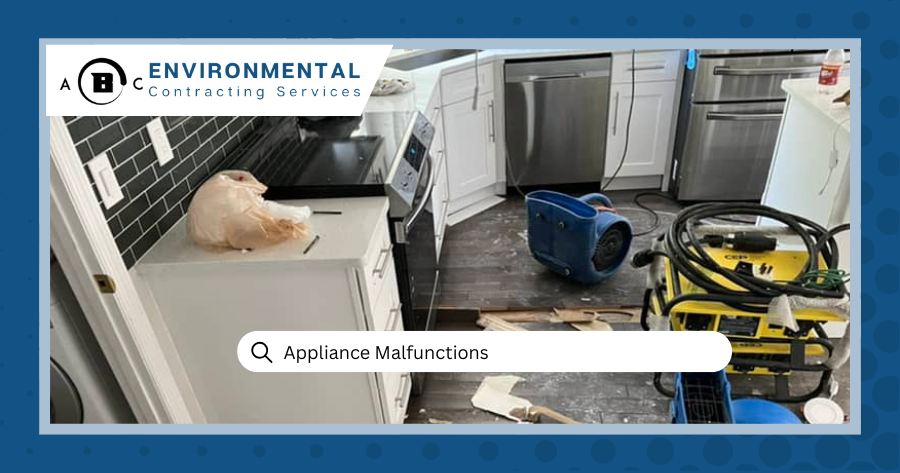
Appliance Malfunction Water Damage: Protect Your St. Louis Home from Leaks
Appliances are part of daily life, but when they fail, they can leave behind serious water damage. Experts often respond to emergencies caused by appliance malfunction water damage in homes. Whether it's a dripping water heater or a hidden refrigerator line leak, these problems are major contributors to St Louis water damage.
Leaks from appliances usually start small. Damp cabinets, musty odors, or soft spots in the floor are early warning signs that often go ignored. Even minor issues, like a dishwasher drip, can create enough moisture to support hidden mold growth inside your walls or under your floors.
Common Appliance Issues That Cause Water Damage
Appliances are some of the most common sources of unexpected water damage in homes. Most people don't think twice about their washer, dishwasher, or refrigerator until a slow leak or sudden failure causes serious property damage.
Washing Machine Leaks
Washing machines are one of the leading culprits when it comes to water damage. Over time, the rubber hoses that supply water to the machine can become brittle and crack, or the connections may loosen. When this happens, water may leak slowly or burst suddenly, depending on the level of pressure in the line. Another common issue is improper drainage. If the machine is overloaded or the drain line becomes clogged, water can back up and spill onto the floor, especially during the rinse or spin cycles.
Dishwasher Leaks
Dishwashers can quietly cause significant damage if they develop a leak under or around the unit. One of the most common causes is a worn or cracked door gasket, which allows water to seep out during cycles. Another issue is a clogged drain or a faulty pump that prevents proper water flow, causing overflow. These leaks are often hidden behind cabinet panels or beneath flooring, leading to unseen moisture buildup that encourages mold growth, particularly in kitchen cabinetry or nearby bathroom walls. That's why dishwasher failures are a common factor in mold growth in bathrooms or kitchens.
Water Heater Leaks
Water heaters are under constant pressure and heat, which makes them highly vulnerable to internal corrosion. Sediment can collect at the bottom of the tank over time, weakening the interior and causing pinhole leaks. In many cases, homeowners first notice a small puddle near the base or rusty water around the pressure relief valve. This is usually a sign that the tank is failing. Leaks can quickly spread across the flooring and seep into adjacent rooms or wall cavities.
Refrigerator Water Line Leaks
Refrigerators with built-in ice makers or water dispensers use a small plastic supply line that runs behind the unit. These lines are prone to wear and cracking, especially if they're not installed properly or become brittle over time. Because the leak typically occurs behind the fridge, it often goes unnoticed until the flooring starts to warp or the baseboards show signs of moisture damage. Even a slow drip can lead to hidden mold growth in wall cavities if left unaddressed.
Garbage Disposal Leaks
Leaks under the kitchen sink are frequently caused by a malfunctioning garbage disposal. A worn-out seal or loose gasket between the disposal and the sink flange can allow water to leak into the base cabinet. Over time, this leads to soggy wood, warping, and musty odors. In some cases, the disposal housing itself can crack, especially if the unit is older or has been subject to frequent vibration, which allows water to escape each time the disposal runs. These types of leaks often go unnoticed until flooring or cabinetry begins to show signs of damage.
Malfunctioning Fire Sprinkler Systems
In properties equipped with sprinkler systems, a malfunction or accidental discharge can release a large amount of water in a short period. This may occur due to mechanical failure, a frozen pipe that bursts, or a false activation. When sprinkler heads discharge unexpectedly, they can soak drywall, ceilings, floors, and belongings before anyone has a chance to shut off the system. Because of the volume and spread, this type of appliance-related failure often requires professional drying and cleanup to prevent deeper structural damage.
Signs Your Appliance Is Causing Water Damage
Recognizing warning signs early is key to preventing costly repairs from appliance malfunction water damage.
- Puddles around appliances: Small amounts of water near the fridge, washer, or dishwasher suggest leaks.
- Warped or stained flooring: Wood, laminate, or vinyl may buckle, bubble, or darken from prolonged moisture.
- Musty smells: A moldy or earthy odor near your appliance usually means water is collecting where it shouldn't.
- Visible mold or mildew: Discoloration near appliances is often a result of hidden moisture buildup.
- Unusual sounds like dripping or hissing: These could point to internal hose failures or slow leaks.
How to Prevent Appliance Malfunction Water Damage
Simple prevention tips can help you avoid serious issues caused by appliance leaks:
- Inspect hoses and fittings: Look for cracks, bulges, or corrosion on water lines to washers, dishwashers, and fridges.
- Upgrade to braided steel hoses: These replacements are stronger than standard plastic lines and resist bursting.
- Flush your water heater yearly: Removing sediment buildup helps prevent tank corrosion and early failure.
- Check and replace door seals: If the rubber seal on your dishwasher or fridge is brittle, replace it to prevent leaks.
- Turn off water lines before extended trips:
If you'll be away for several days, shut off water to major appliances.
When Water Damage Happens, We're Ready
Our team at ABC Environmental Contracting Services helps homeowners recover from St. Louis water damage related to appliance failures, floods, and structural leaks. We handle moisture mapping, cleanup, and full restoration services to get your space back to normal.
In cases where mold becomes a concern, we also provide certified mold removal services.
Call ABC Environmental Contracting Services Today
If you suspect your dishwasher, washer, or water heater is leaking, or you've already noticed moisture or damage, call ABC Environmental Contracting Services at (314) 668-1509 or fill out an online form on our website.. Our team is trained and ready to respond to all types of appliance malfunction water damage across the St. Louis area.
Fast action prevents costly damage. We're here to help!

